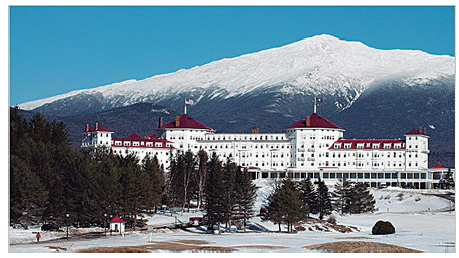Leia o texto para responder à questão.
The fantastic appeal of fantasy
The fantasy genre starts where science ends
Few things can brighten up a dark morning in a Scottish
seaside resort during an Atlantic storm. Yet while sheltering in
a bookshop from the rain, I had a moment of sunny revelation.
Stacked almost as high as my 11-year-old self were copies of
The Lord of the Rings, with a cover illustration that promised
mystery and magic. That chance discovery started a lifelong
love of the fantasy genre1
, both as reader and writer.
The fantasy genre has had more and more success, but
today we’re in the middle of an unprecedented fantasy boom.
Sales continue to rise and it is now the biggest genre in
publishing. The more rational the world gets, with super-science
all around us, the more we demand the irrational in our fiction.
Fantasy is not simply a case of swords2
and sorcery3
.
Yes, there is that by the shelf. But the genre is as broad as the
imagination. The genre starts where science ends.
“In these modern times, where most of us sit at computers,
fantasy books offer a chance to break out of mundane
moments,” says Mark Newton, an editor with the genre.
“People like to explore themes that go beyond the limited
palette that literary fiction claims to offer.”
A search for the origins of fantasy will usually have
academics muttering about Beowulf or Homer’s The Iliad, but
they come from a time when all stories were fantasy: gods and
monsters and supernatural artefacts with humanity caught in
the middle. The first modern fantasy writer is usually considered
to be William Morris, in the late 19th Century. But it was the
early 20th Century where fantasy really started to gain status.
Fantasy fiction has always been about visionary ideas.
You can get artful words in plenty of literary fiction, but being
able to see beyond the boundaries4
of the world around us —
now that’s a special skill.
I don’t write fantasy fiction simply to provide a trapdoor5
from the real world. For me, the genre is about the reality. But
instead of coming up against it, fantasy maps the unconscious
aspirations of our modern society through allegory in story-
-forms as old as humanity. It’s about turning off the mobile
phone and the computer and remembering who we are in the
deepest parts of ourselves.
(Mark Chadbourn. www.telegraph.co.uk, 12.04.2008. Adaptado.)
1genre: gênero. Categoria distintiva de composição literária, como romance,
poesia etc.
2sword: espada.
3sorcery: feitiçaria.
4boundary: fronteira.
5trapdoor: alçapão



